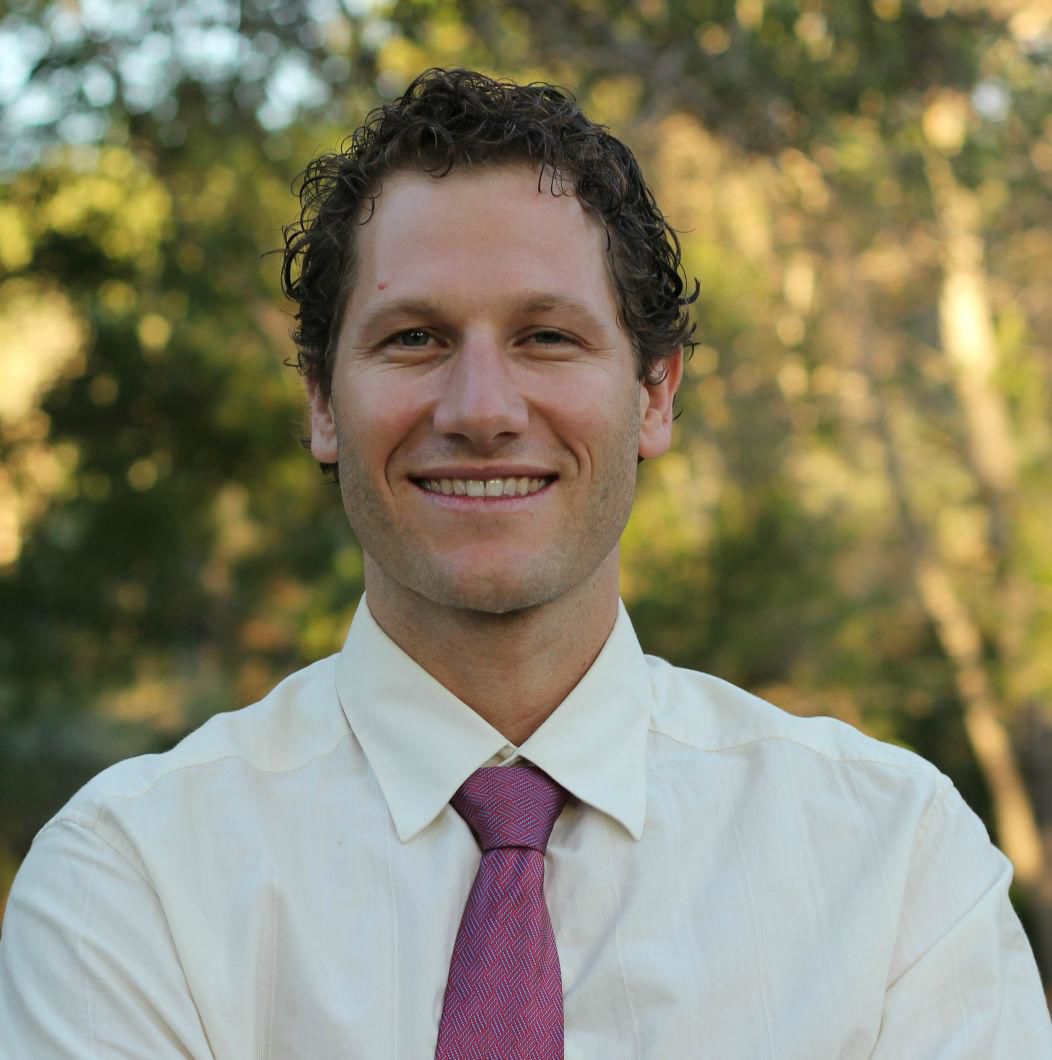Some information may be outdated.
Zacharia Levine has served as the head of Grand County’s Department of Community and Economic Development for over five years. Recently, Levine announced he will be leaving his post at the county to become the director of corporate development and social responsibility at the Synergy Company, a Moab health supplement company.
We asked Levine to give us a look back at his time at the CED Department.
MSN: How did you originally make your way to Moab?
Levine: After studying industrial engineering and operations research at the University of California, Berkeley, I worked as a project-based consultant in the Bay Area. However, I needed a change of scenery and I accepted a position as an AmeriCorps VISTA volunteer for SPLORE, a nonprofit which facilitated outdoor trips for special needs groups. [SPLORE is is now part of the National Ability Center]
Although I did not move to Moab because of an established outdoor lifestyle, it didn’t take long for the abundant recreational opportunities in our area to take root in my daily routine. Most importantly, I met my wife here and by the time we were in a committed relationship, it was clear I could not leave.
MSN: How did you get started in your position as head of the Community and Economic Development Department, then the Community Development Department?
Levine: I ran for County Clerk/Auditor in 2014 and met Krissie Braun, who served as the county’s Community Development Department at the time. She indicated to me that she and her husband were moving to North Dakota. It turned into an interesting period of time as I began interviewing for an administrative position while concurrently campaigning for an elected position. One can infer from my eventual hiring as the Community Development Director how that election turned out. In retrospect, I would not have run for public office had I known the CDD position was a possibility. On the other hand, campaigning offered a great preview of the various stakeholder perspectives I would be charged with understanding and considering as the CDD Director.
MSN: What areas did you focus on during your time at the CED Department?
Levine: In my first few years, I prioritized reinvigorating the Moab Area Housing Taskforce and writing the Moab Area Housing Plan, streamlining the County’s land-use code and development review process, facilitating regional visioning, community engagement and public participation.
When we became the Community and Economic Development Department we really cranked up our efforts in economic development, workforce development, business retention and expansion, and business education. In some ways, the renaming and official expansion of my department in 2018 was a formal recognition of all that we were doing in economic development already.
MSN: What links do you see between economic and community development?
Levine: I’ve tried to stress to county and city leadership that land use planning and economic development are intimately connected. A lot of my academic scholarship has focused on the evolution of gateway and resort communities in the western United States. One of the key markers of mature examples of these communities is an over-dependency on tourism. COVID-19 has further exposed the vulnerabilities that stem from a local economy so dominated by one industry. There are also quality of life and community character issues that emerge. Through our economic diversification efforts, we attempted to balance all these different needs. I think it’s appropriate for community development and economic development to be viewed as interrelated activities. I’m of the mindset that we shouldn’t be too focused on growth versus no-growth; we should focus on why we would want to grow, how, and for whom.
MSN: At a county council meeting several weeks ago, you described a gap between workload and staff capacity in the CED Department. Did that contribute to your decision to take a new position?
Levine: The short answer is no, it didn’t. I presented a lot of ideas during my time with the County that were not moved forward, a number of recommendations not followed, and possibilities unrealized. That’s part of being an administrative public official. Also, I have really enjoyed representing the public’s interest.
With the above in mind, however, our local governments have a tremendous amount of work to do in the planning and development arena. Growth management, infrastructure planning, truly engaging the public, efficiently administering the land-use code—this stuff takes a lot of time and energy. It requires more staff capacity than either the city or county have put towards it. That’s not why I left, but it’s certainly the reality.
I have a lot of confidence in the individuals who remain in my department. Mila Dunbar-Irwin and Abby Scott both give me a lot of confidence in what the office will continue to do after I depart. I don’t think my time in the civic arena is done either. Going forward, I would like to continue serving on the recently established Economic Development Advisory Board, which I currently chair.
MSN: What other thoughts would you like to share as you transition from the county to a local private company?
Levine: I’d like to highlight my appreciation for the residents of Grand County, who have really stepped up in a big way in recent years to help with the planning, policy-making and decision-making processes that will shape this place for decades. I will (mostly) miss working with and for so many impassioned and engaged citizens.
Grand County’s development director moves on
“I am grateful for having the opportunity to build my career in a place that I have come to love deeply.”
– Zacharia Levine
Appreciate the coverage? Help keep local news alive.
Chip in to support the Moab Sun News.





